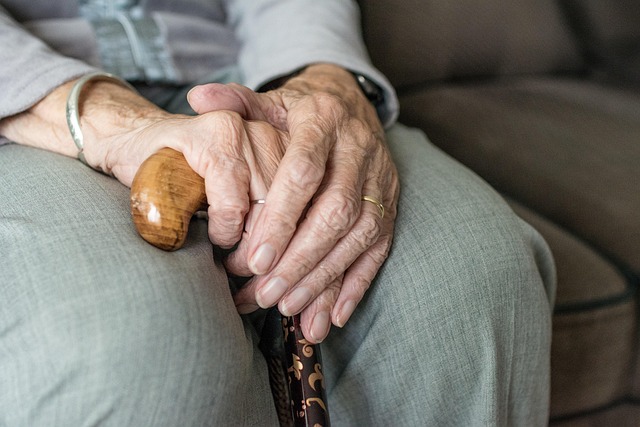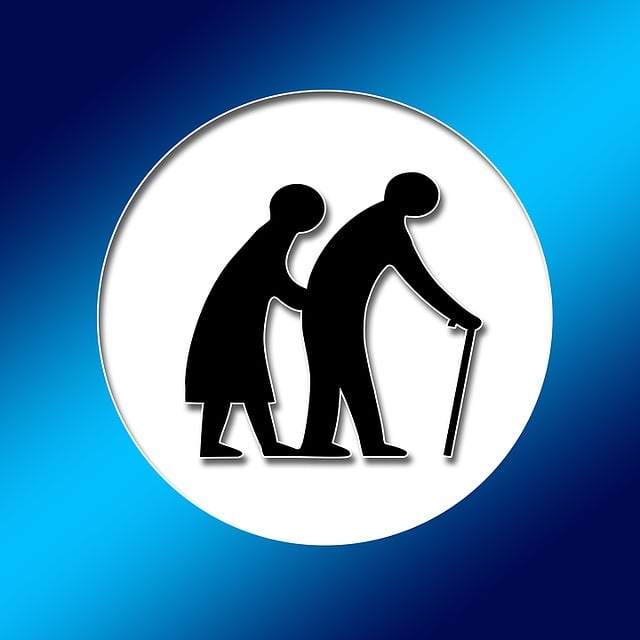Elderly Companion Services are vital for managing complex senior medication regimens, offering reminders, organization, and support to improve adherence, safety, and well-being. They combat isolation, enhance mental health, and significantly contribute to seniors' quality of life by empowering them to manage their medications effectively through innovative strategies.
Staying on top of medication regimens can be challenging for seniors, leading to potential health risks. This article explores critical aspects of medication management tailored to the unique needs of elderly individuals. We delve into effective strategies that help them stay adherent, emphasizing the valuable role of Elderly Companion Services. By understanding common obstacles and leveraging proven techniques, caregivers can ensure older adults take their medications correctly, enhancing overall well-being and quality of life.
- Understanding Medication Management for Seniors
- The Role of Elderly Companion Services
- Effective Strategies for Reminding Elderly Patients
Understanding Medication Management for Seniors

Managing medications can be a complex task for seniors, often requiring a meticulous routine and vigilance to ensure adherence to prescribed regimens. As the population ages, understanding medication management becomes ever more crucial. The elderly often have diverse healthcare needs, taking multiple medications for various conditions, which can lead to intricate dosing schedules and potential drug interactions.
Elderly Companion Services play a vital role in assisting seniors with their medication management. These services provide dedicated support, ensuring that individuals take their medications correctly and on time. Companions can offer reminders, help organize pillboxes or blister packs, and even accompany seniors to medical appointments, fostering a safer and more independent living environment.
The Role of Elderly Companion Services

Elderly Companion Services play a vital role in supporting seniors, especially those with complex medication regimens. These services provide a helping hand for the elderly, ensuring they adhere to their prescribed treatments. With the assistance of trained companions, seniors receive timely reminders for each medication, reducing the risk of missing doses or taking incorrect amounts. Companions can also help with organizing and storing medications, further simplifying the process.
Additionally, Elderly Companion Services offer companionship and support, which is crucial for mental well-being. Many seniors, especially those living alone, benefit from having someone to talk to and spend time with. These services cater to their social needs, providing a sense of security and comfort while ensuring their health and safety through effective medication management.
Effective Strategies for Reminding Elderly Patients

Medication reminders are crucial for elderly patients, often requiring assistance from companion services due to age-related cognitive changes and potential decline in visual or auditory acuity. Elderly Companion Services play a vital role in ensuring adherence to medication regimens by employing effective strategies tailored to individual needs.
One approach is the use of digital pill boxes with alarms that alert users at designated times, helping them remember when to take each medicine. Additionally, personal reminders from a caring companion can significantly enhance compliance; this could involve verbal cues or even simple visual reminders placed around the home. Customized charts or calendars specifically designed for medication tracking are another practical tool, offering a clear visual representation of dosages and timings. These strategies, often combined, create a robust system to support elderly patients in managing their medications effectively.
Medication management is a critical aspect of elderly care, and utilizing effective reminder strategies can significantly improve adherence among seniors. While Elderly Companion Services play a vital role in assisting with medication routines, it’s essential to empower both patients and caregivers with knowledge. By combining companion services with simple yet impactful reminders, such as visual cues or technology-aided solutions, we can ensure that the elderly population receives the treatment they need, enhancing their overall well-being and quality of life.
